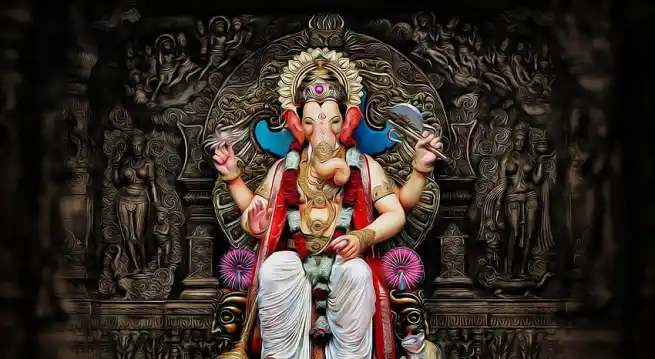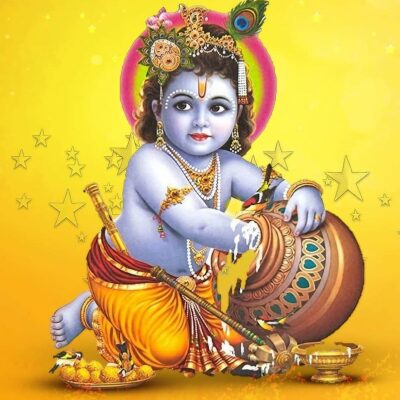Prasat Sikhoraphum Shiva, Thailand

Address
Prasat Sikhoraphum Shiva, Ranang Subdistrict, Sikhoraphum District, Surin 32110, Thailand
Diety
Shiva
Introduction
Prasat Sikhoraphum is located in Surin province in the lower part of North East Thailand, bordering on the South to Cambodia. The monument can be found in the village of Sikhoraphum, almost 40 kilometers East of the provincial capital Surin town. Surin province in North East Thailand houses a number of Khmer monuments, of which Prasat Sikhoraphum is one of the largest temple.. Prasat Sikhoraphum was most likely built during the 11th or 12th century. It was constructed as a Hindu temple dedicated to the God Shiva. The temple complex consists of five prangs (Khmer style towers) set on a single laterite platform. The central prang is the tallest measuring 32 meters high. The central prang usually houses the linga, the sacred symbol that symbolizes the strength of the God Shiva. This prang is surrounded by four smaller prangs, that are placed in a square. The temple complex is oriented towards the East, as is usual with Khmer temples and is surrounded by a moat.
Puranic Significance
It was built in the 12th century by King Suryavarman II for Hindu worship. Prasat Sikoraphum is composed of five sandstone brick towers towers made of brick on a base made of laterite. There are sandstone bas-reliefs on the main tower depicting Shiva, Brahma, Ganesh, Vishnu and Uma. The door frames have sets of apsaras, devatas and dvarapalas. The temple was converted for use by Buddhists in the 16th century. Architectural contributions by Laos are evident on the tower roofs. The name comes from the sanskrit word shikhara, meaning tower sanctuary of South India. The moat around the temple is relatively intact and still holds water. The bas relief carved into the lintel on the entrance to the central prang is probably the most famous one. This relief shows an image of a dancing Shiva, shown with ten arms. The sculpting also shows other Hindu Gods. Also on the central prang are two sculptures of Devatas, a kind of deities. The other four prangs contain remains of stucco work as well as a depiction of the mythical snake Naga, shown here with three heads.
Century/Period/Age
12th century
Managed By
UNESCO world heritage site
Nearest Bus Station
Sikhoraphum
Nearest Railway Station
Sikhoraphum
Nearest Airport
Surin






